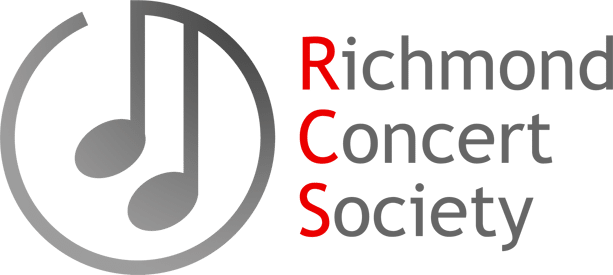
Schubert: Drei Klavierstücke, D946
Liszt: 5 Schubert Lieder transcriptions
Chopin: 4 Etudes from Opus 10
Scherzo No. 4 in E major, Op. 54
Rondo in E flat, Op. 16
Ballade No. 3 in A flat, Op. 47
Singaporean-born pianist Melvyn Tan is one of the few artists who has succeeded performing on both the modern piano and the eighteenth century fortepiano. His parents noticed his ability to play back by ear the piano music his sister was practicing, and a family friend who worked as a stewardess for Australia’s Qantas airline began to brag about his abilities to passengers in the first-class section. One of them agreed to finance the youngster’s musical education at the Yehudi Menuhin School in Cobham, Surrey, England. Tan studied piano there, with the aging Nadia Boulanger as one of his teachers, and then moved on to the Royal College of Music in London.
Required to undertake a minor course of study in addition to his piano major, Tan tried to get into a conducting class, but found it closed. He signed up for harpsichord studies instead and became interested in early keyboard instruments. In his third year at the RCM, a friend introduced him to the fortepiano, which at the time was the province of just a few academic specialists. The college did not even own one of the instruments, but he searched around London and found places to practice. Feeling that he couldn’t do both instruments justice, Tan gave up the modern piano altogether.
For a time pickings were slim, and Tan made a bare living playing harpsichord continuo parts in Baroque music ensembles. In the late 1980s, however, the historical performance movement began to move into Classical-period territory in a big way, and Tan was ready. For EMI he made a series of recordings with phentermine conductor Roger Norrington, including a complete set of Beethoven’s piano concertos, and he performed widely with both historically oriented and mainstream orchestral ensembles.
In 1996, Tan returned to the modern piano almost in the way that Romantic-era musicians had come to it when it was new: as he moved forward into later repertoire (such as the piano music of Schumann), he became frustrated with the technical possibilities of older instruments. Since then Tan has been equally prominent in both mainstream and historical-practice spheres. He has recorded complete cycles of Beethoven sonatas and of Debussy and Chopin preludes in New York, London, and Tokyo; has been active in chamber ensembles; and has accompanied Anne-Sofie von Otter and Angelika Kirchschlager in lieder repertory. He has ventured into contemporary music and sometimes performs a new fortepiano concerto, written for him by composer Jonathan Dove. ~ James Manheim, All Music Guide.

